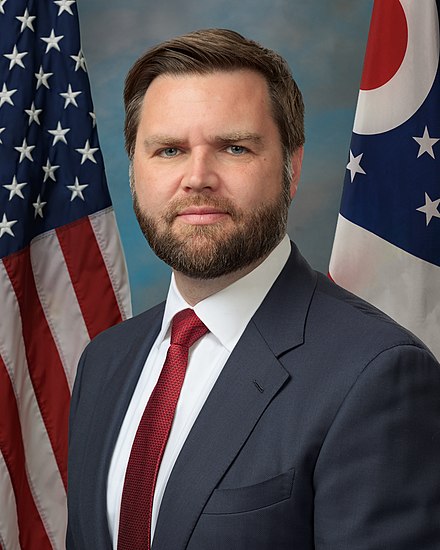
Vance's involvement in the crypto sphere has been marked by his staunch opposition to regulatory measures proposed by Gensler, whom he has publicly criticized as detrimental to innovation within the industry. His sentiments echo those of many in the crypto community who fear overreach by regulatory bodies could stifle technological advancements and economic growth.
Beyond his financial interests, Vance's political track record underscores his influence in shaping legislative decisions impacting the sector. Notably, he was among the senators who supported the repeal of the controversial "SAB 121" accounting rules, a move hailed by proponents as a step towards regulatory clarity for cryptocurrency businesses.
In a recent address, Vance also defended the operations of mining company Debt Box, emphasizing the role of cryptocurrencies in addressing what he perceives as governmental overreach and abuse. His advocacy for decentralized financial systems reflects a broader narrative among cryptocurrency proponents who champion digital currencies as tools for greater financial sovereignty and transparency.
As the political landscape evolves, Vance's position on cryptocurrency regulation and his substantial investment in Bitcoin continue to draw scrutiny and support alike. His influence within the Republican party and his alignment with Trump's agenda could further shape discussions on how the United States approaches digital asset regulation in the coming years.
The intersection of politics and cryptocurrency remains a contentious issue globally, with stakeholders closely monitoring developments that could impact market dynamics and technological innovation. Vance's emergence as a key figure in this discourse underscores the growing influence of digital assets in mainstream political agendas and the complexities of navigating regulatory frameworks designed to balance innovation and oversight.
Topics
Cryptocurrency
